Easter is often a time where faith is strengthened, hope is renewed, and a sense of purpose is discovered. From children to adults, engaging or reengaging with the story of Christ’s sacrifice and powerful victory over death can be a catalyst for deeper understand of who God is and our role in his continuing story. As you prepare for Easter, consider giving a gift of growth and new life with a New Living Translation Bible. Whether it’s for a seasoned believer, someone just starting the journey, or someone seeking where to begin, when people read an NLT Bible, they are encountering the living Word. It’s an invitation to go deeper, to explore the depths of God’s abounding love, and to find new life in Christ.
Here are some suggestions for Bibles to help you or those you love find growth and new life.
For Kids:
The Hands-On Bible makes God’s Word come alive in a kid’s world. It’s a kids Bible, but it’s not a storybook Bible. The entire text of the accurate and easy-to-understand New Living Translation is included. This full-color Bible is packed with weird facts, captivating experiments, colorful graphics, and more, getting all the senses involved as your kids engage with God’s Word, discover his truth, and have so much fun! See all the options
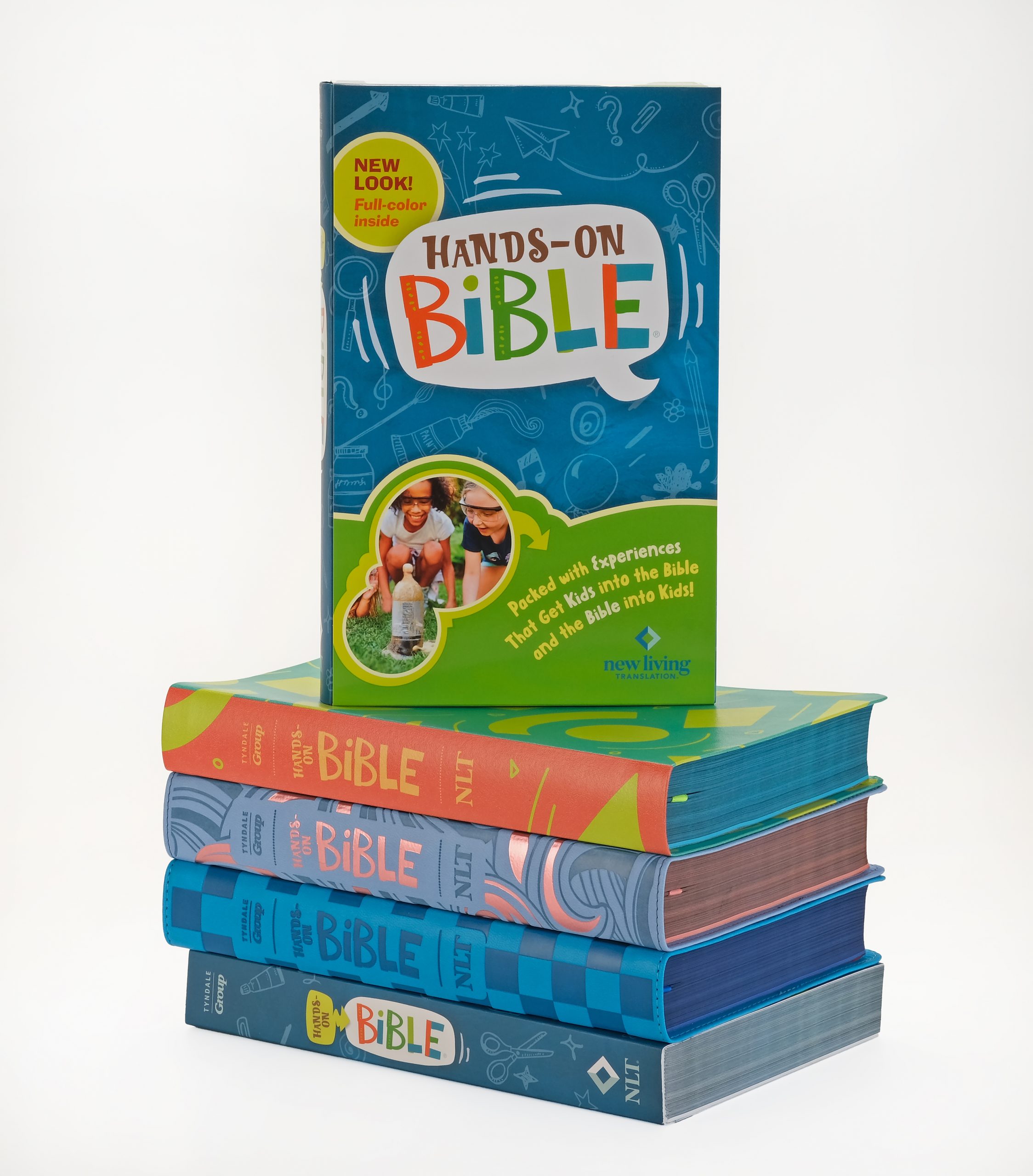
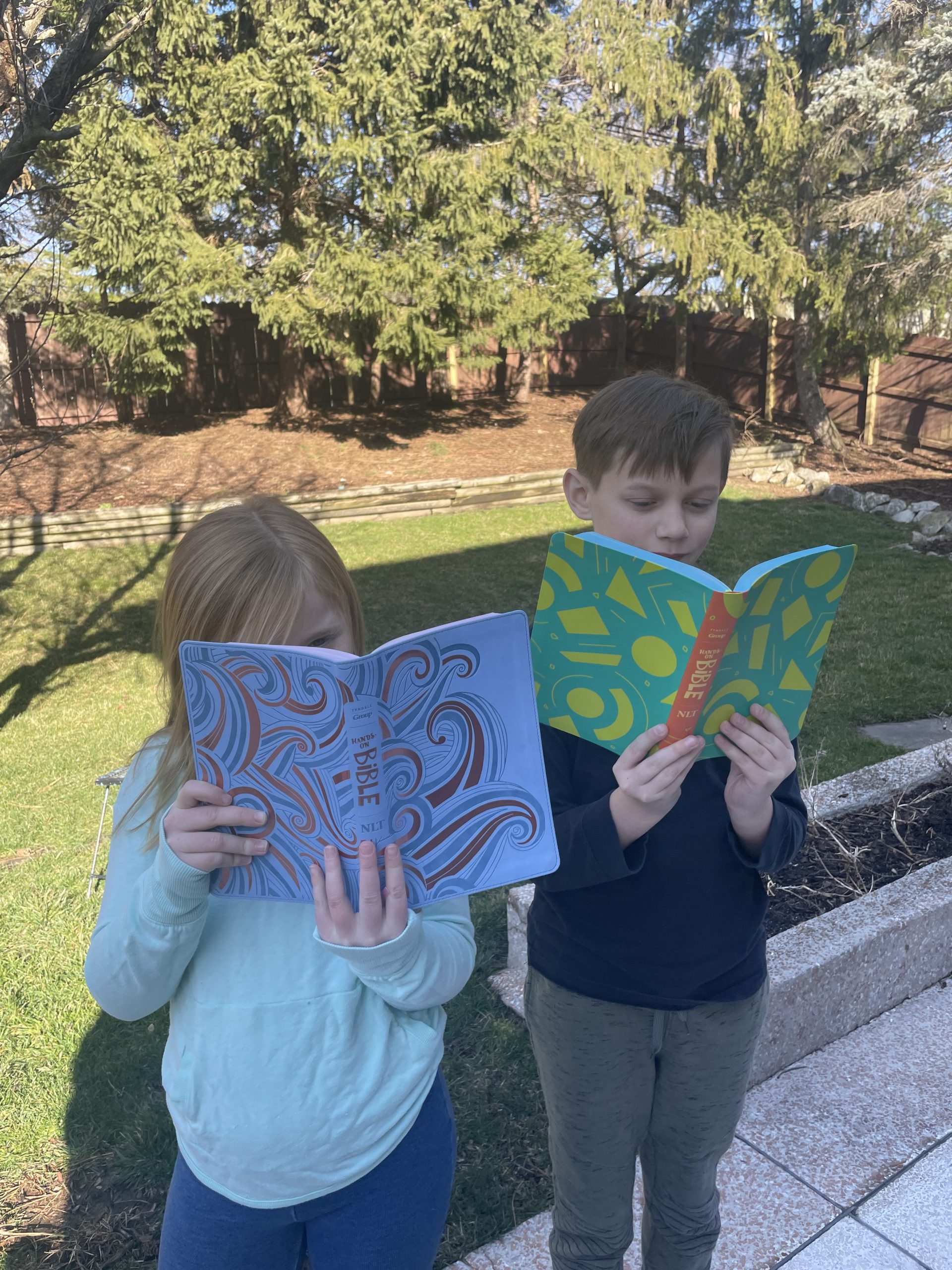
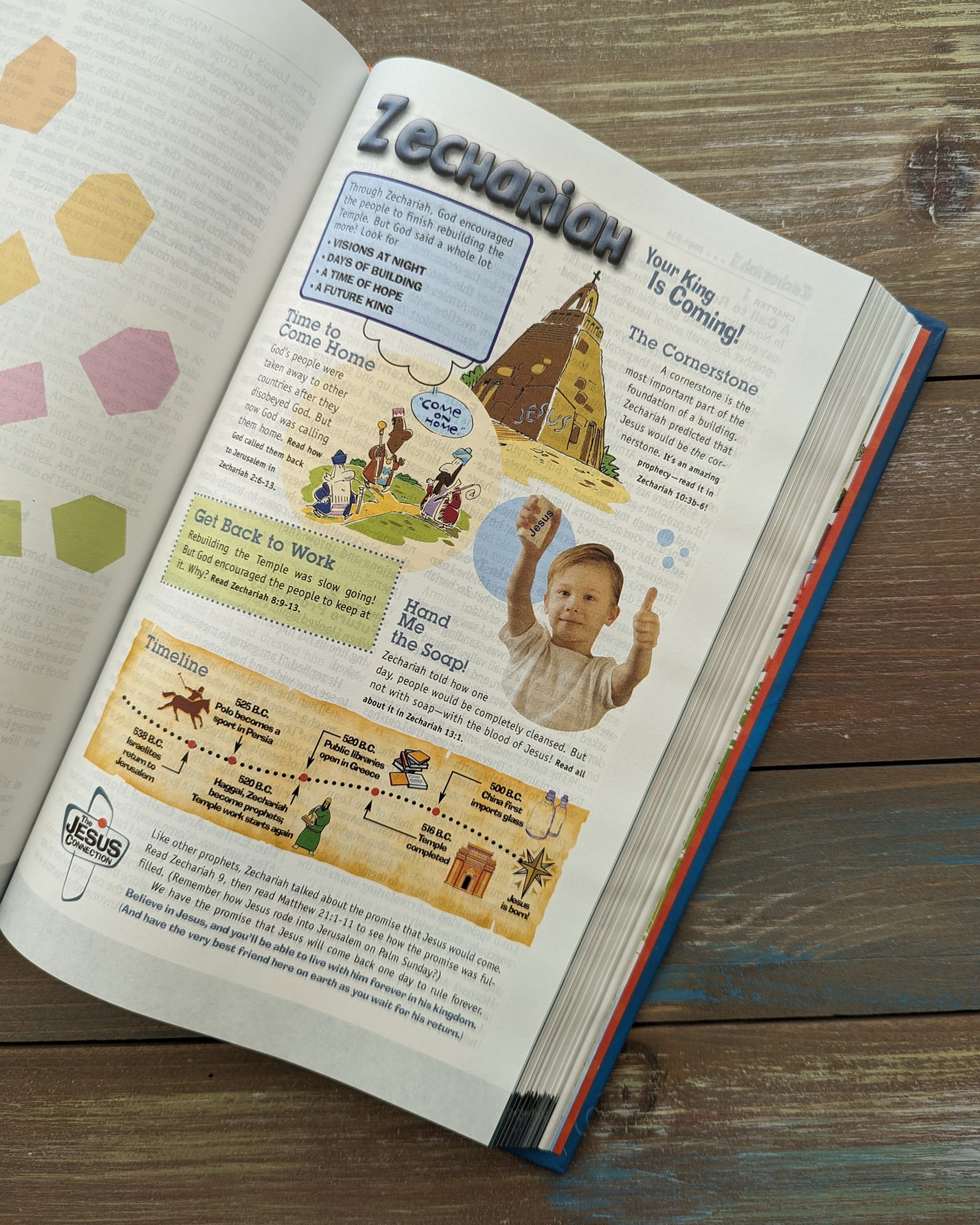
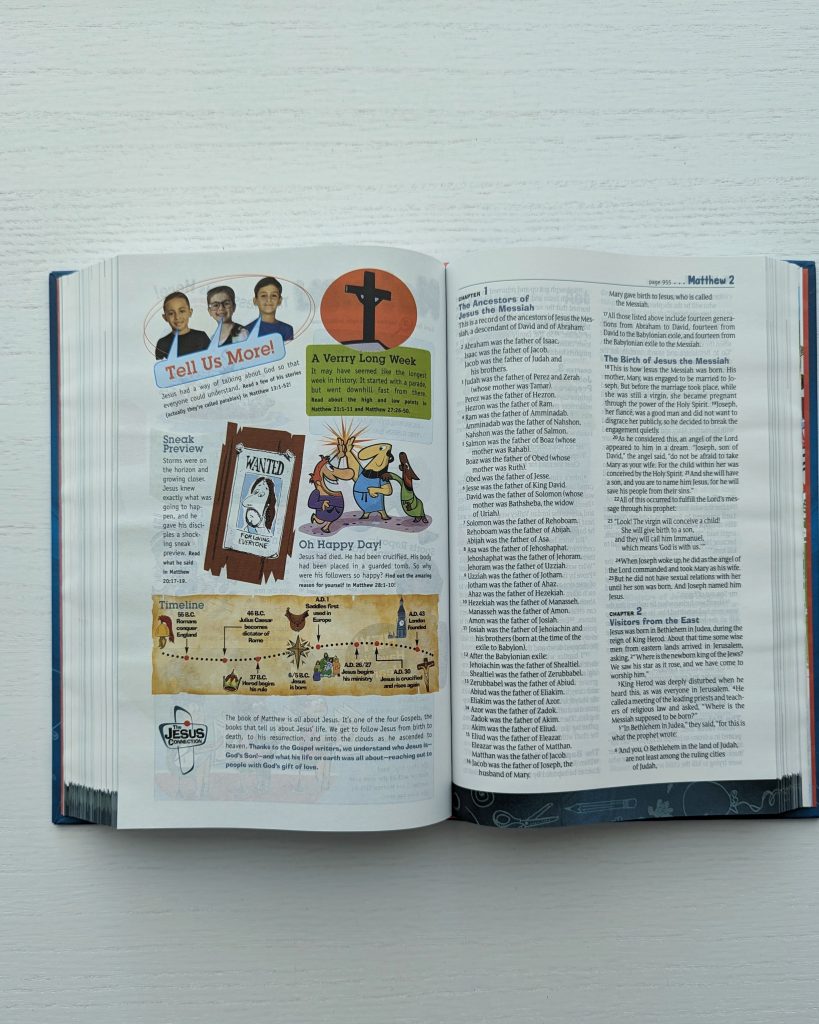

Boys Life Application Study Bible
Filled with hundreds of notes and colorful features, the Boys Life Application Study Bible is easy to use and helps answer questions that preteen boys may have about God and life. As they read the text of the New Living Translation, they are encouraged to go deeper and discover how to think biblically about real issues they face, such as self-esteem, friendship, and peer pressure. Help them get rooted in Scripture and discover God’s will for their lives. Learn more


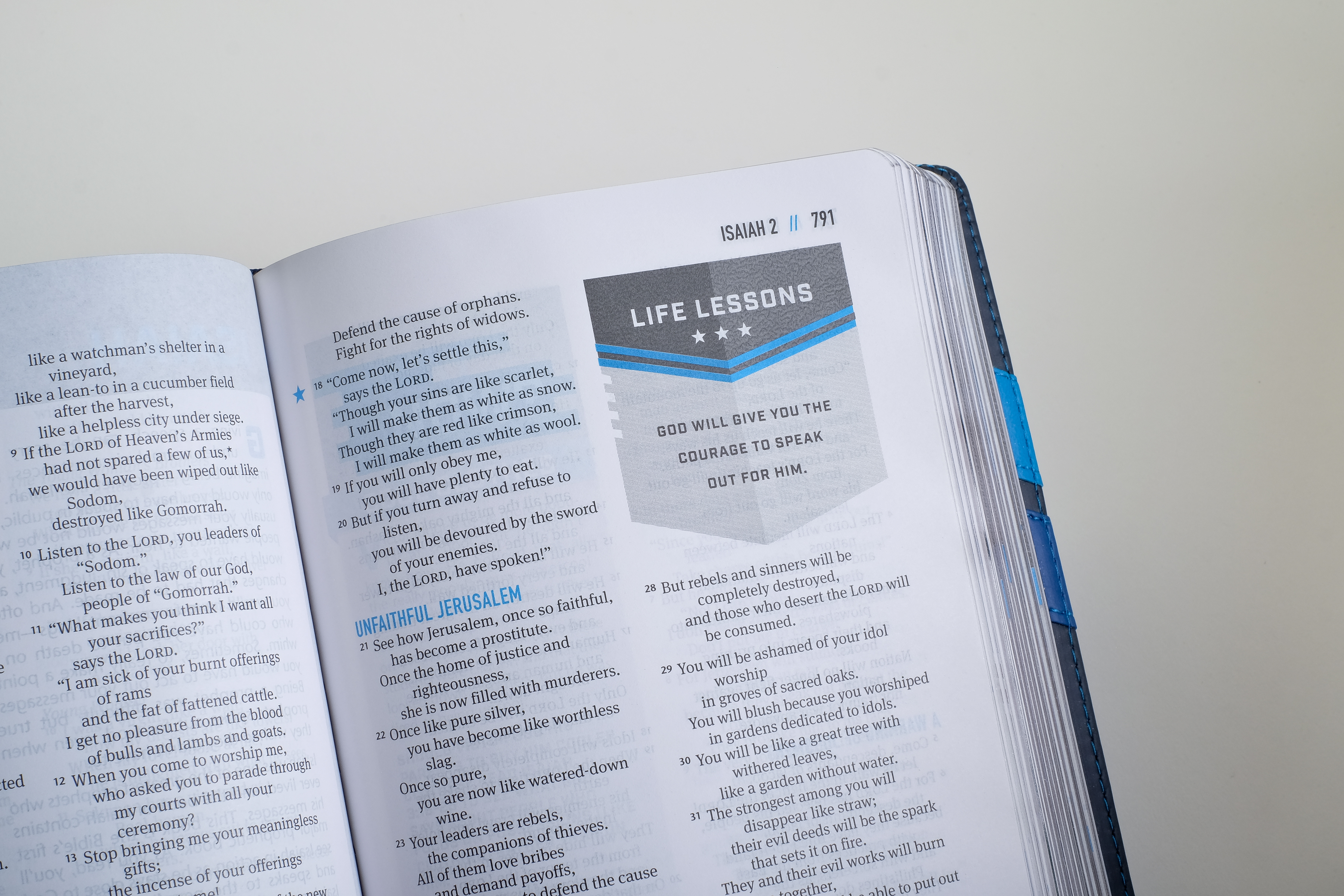
Girls Life Application Study Bible
A one-of-a-kind discipleship resource, the Girls Life Application Study Bible helps girls draw closer to God and establish healthy relationships with those around them. It includes over 800 Life Application notes, plus full-color features that are designed to help girls learn more about the Bible, understand the big story, meet Jesus, know what it means to follow him, learn how to share their faith with others, and gain practical faith and relationship skills that will help them live out what they believe. Learn more

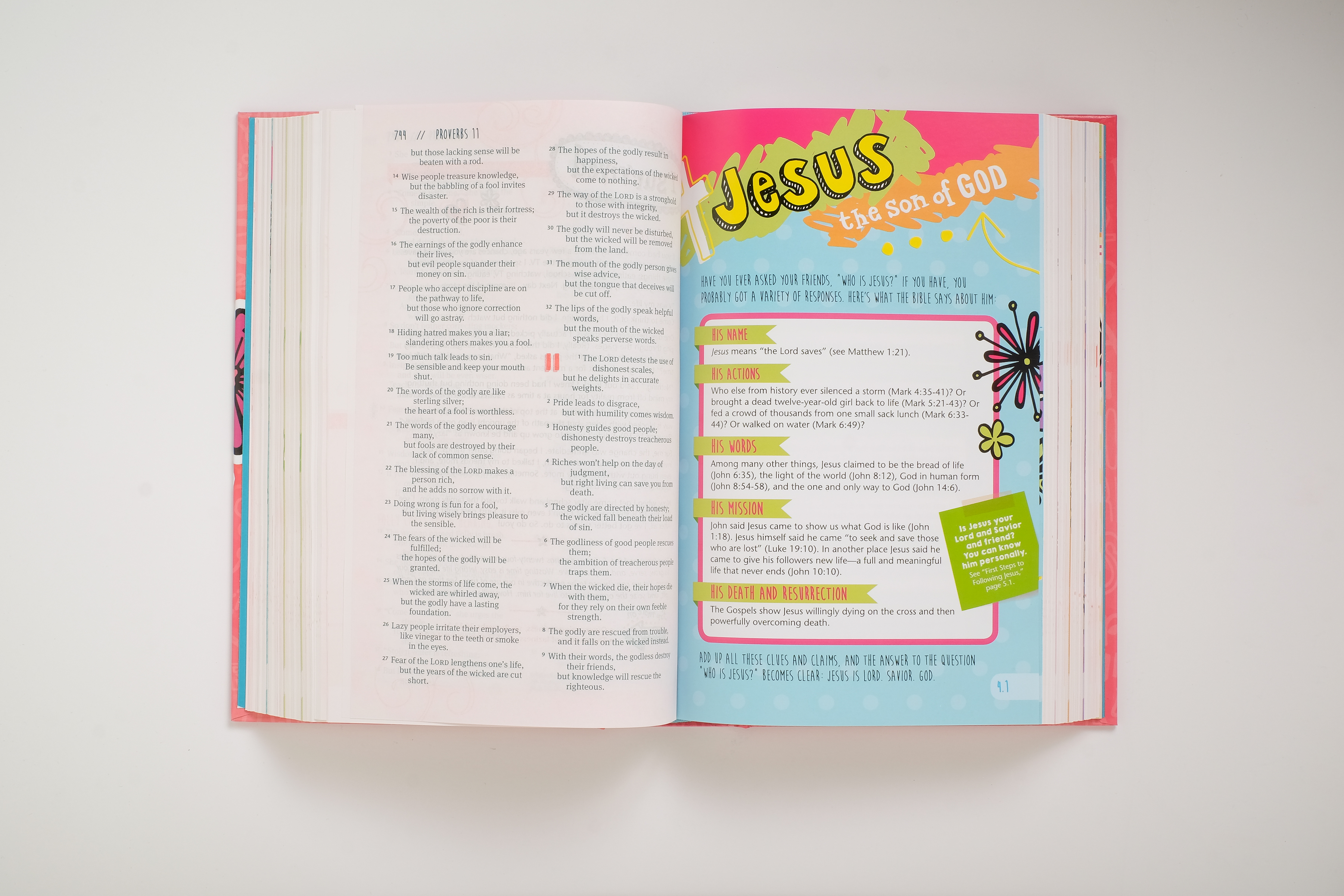

Inspire Bible for Girls and More!
The Inspire Bible for Girls is designed to draw girls deeper into God’s Word and to inspire creativity and connection with God. Over 500 beautiful, full- and partial-page Scripture line-art illustrations to color are attractively displayed throughout the Bible. In addition, there are devotionals, journaling prompts, and interesting Bible facts to enhance girls’ coloring and creative journaling journey through the Bible. Girls can leave traces of their faith throughout their Bible for a unique treasure that will truly inspire! Explore Inspire Bible for Girls

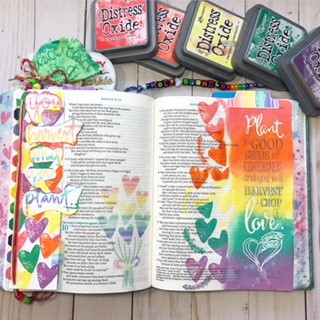



Created by some of DC’s and Marvel’s best comic book artists, The Epic Bible transports readers through a visual journey of Scripture. From Eden to eternity, this stunning hardcover edition engages even the most reluctant readers with brilliant and dramatic full-color graphic art. Packed with action and powerfully illustrated, The Epic Bible brings a fresh, lifelike view of Creation, the story of the Israelites, Jesus’ life on earth, and the early church. Learn more
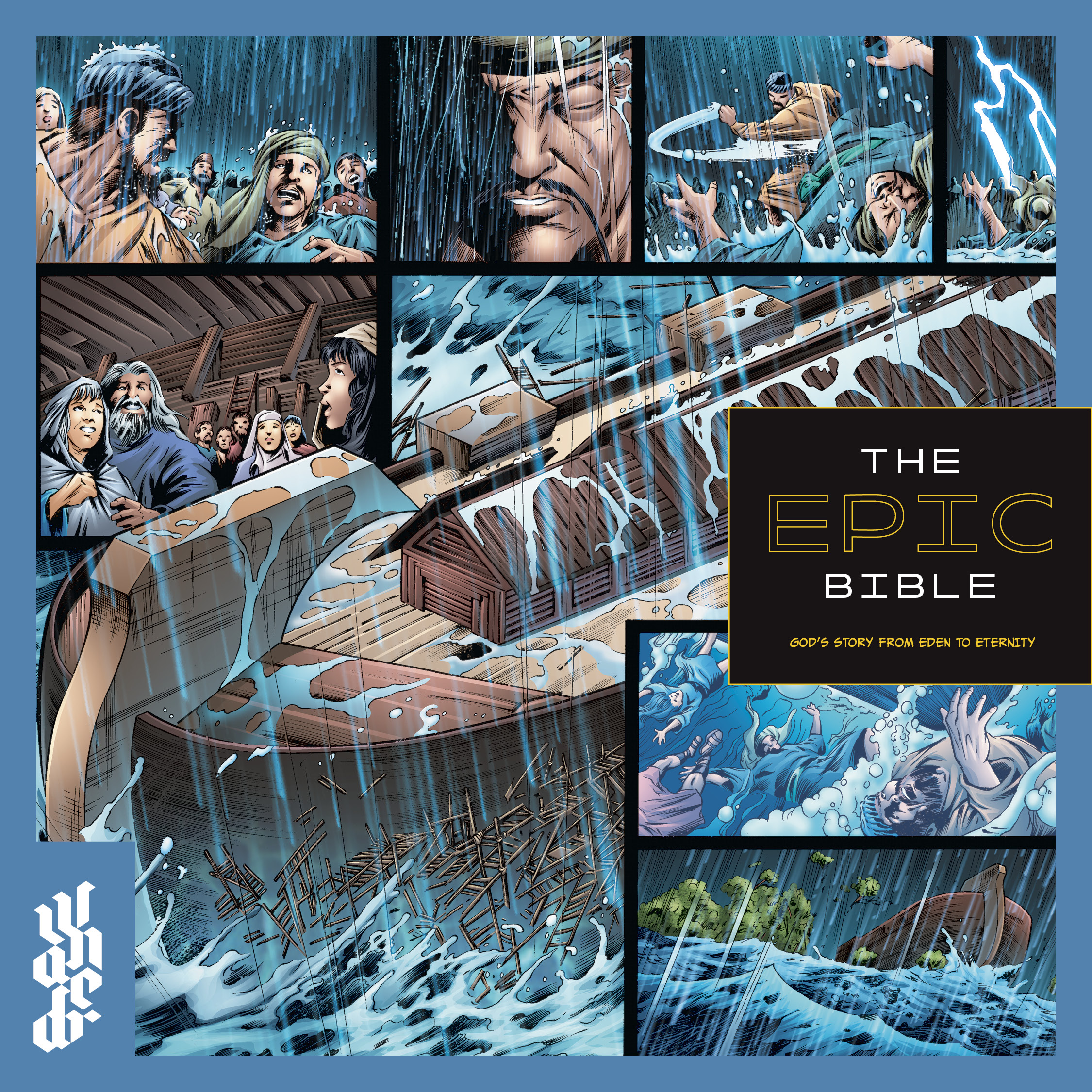


For Teens:
Teen Life Application Study Bible
The Teen Life Application Study Bible is filled with features designed to meet the challenges and needs of today’s high school students. Combining traditional study Bible features like book introductions, textual notes, person profiles, and maps with application-oriented features focusing on choices, real-life issues, and real-life stories of actual teens, the Teen Life Application Study Bible helps answer the tough questions and grounds teens in their faith. Order now



Linking to remarkably creative audio and video resources, the NLT Streetlights New Testament explains Christian truth to young people and serves as a basic discipleship tool for ministries. Its unique tone and approach to the gospel break down traditional barriers to engaging God’s Word and illuminate a pathway for discovering God’s truth. Experience it
The New Believer’s Bible is a perfect resource for people who are seeking answers but don’t know where to start. Uniquely created for new Christians, it helps them to read, study, and apply God’s Word to their lives. The trusted and easy-to-understand New Living Translation, combined with features that make the Bible accessible, lets readers quickly engage with God’s Word, allowing them to take that next step so they can deepen their relationship with God. Order now


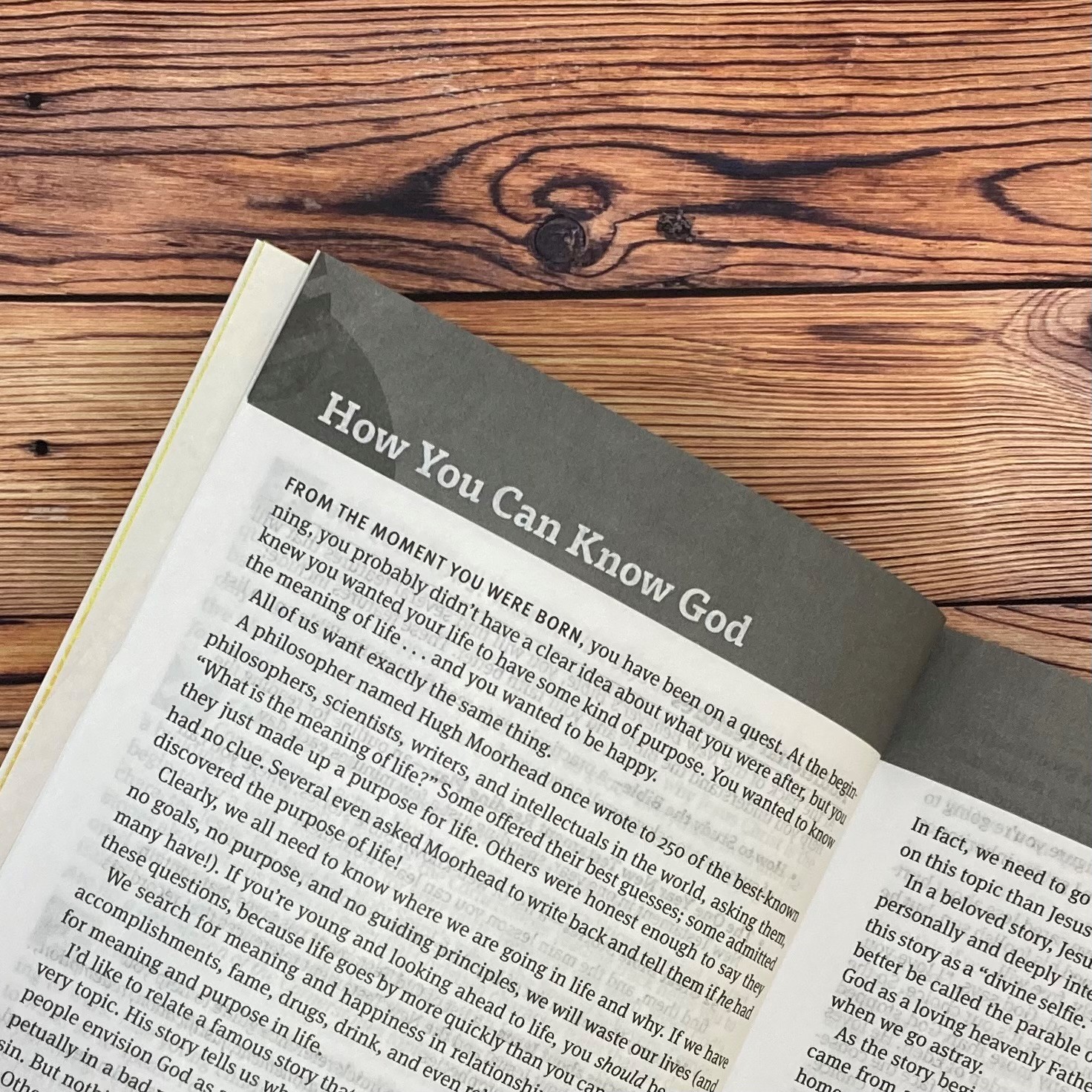
Ever had a book you just couldn’t put down? Immerse: The Reading Bible takes away all the distractions and gets you right into the story. With no chapter and verse numbers and a cover that feels more like a novel than a Bible, it’s like reading the Bible for the first time. Start falling in love with the Bible all over again. Learn more

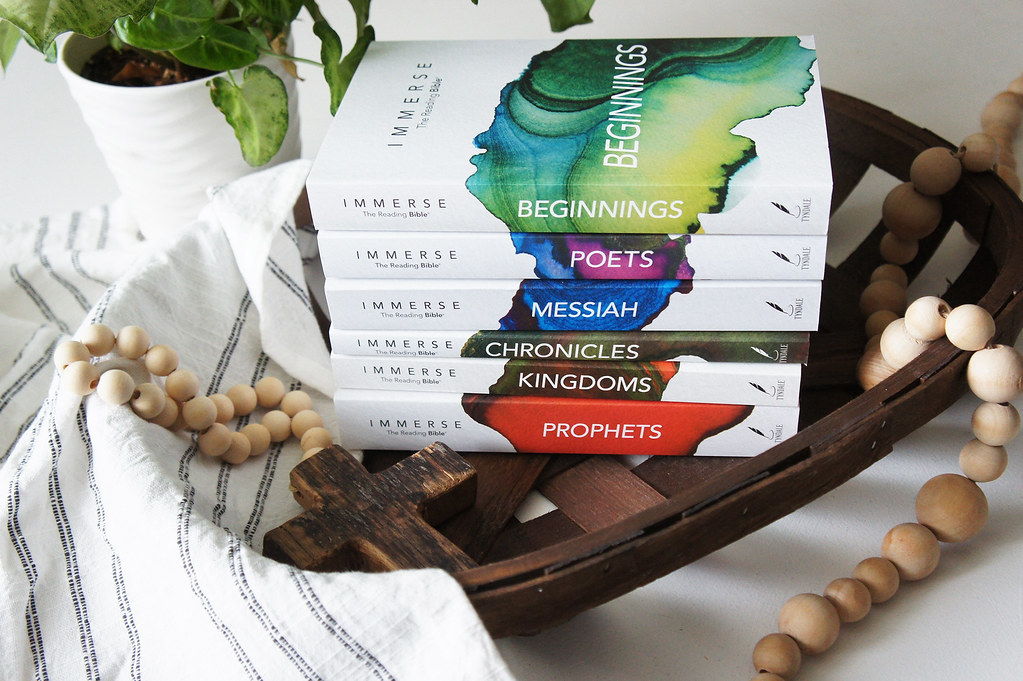

For Young Adults and Beyond:
Student Life Application Study Bible
The Student Life Application Study Bible is in a class of its own. It goes beyond the ordinary presentation and limited resources of other student Bibles with more than 27,000 on-page and in-app study notes and a full-color interior design, marrying historic illumination with clean modern elegance. Access to the Filament Bible app opens a world of resources, including study notes, hundreds of videos, interactive maps and infographics, and a full audio Bible—and that’s just the beginning! Learn more


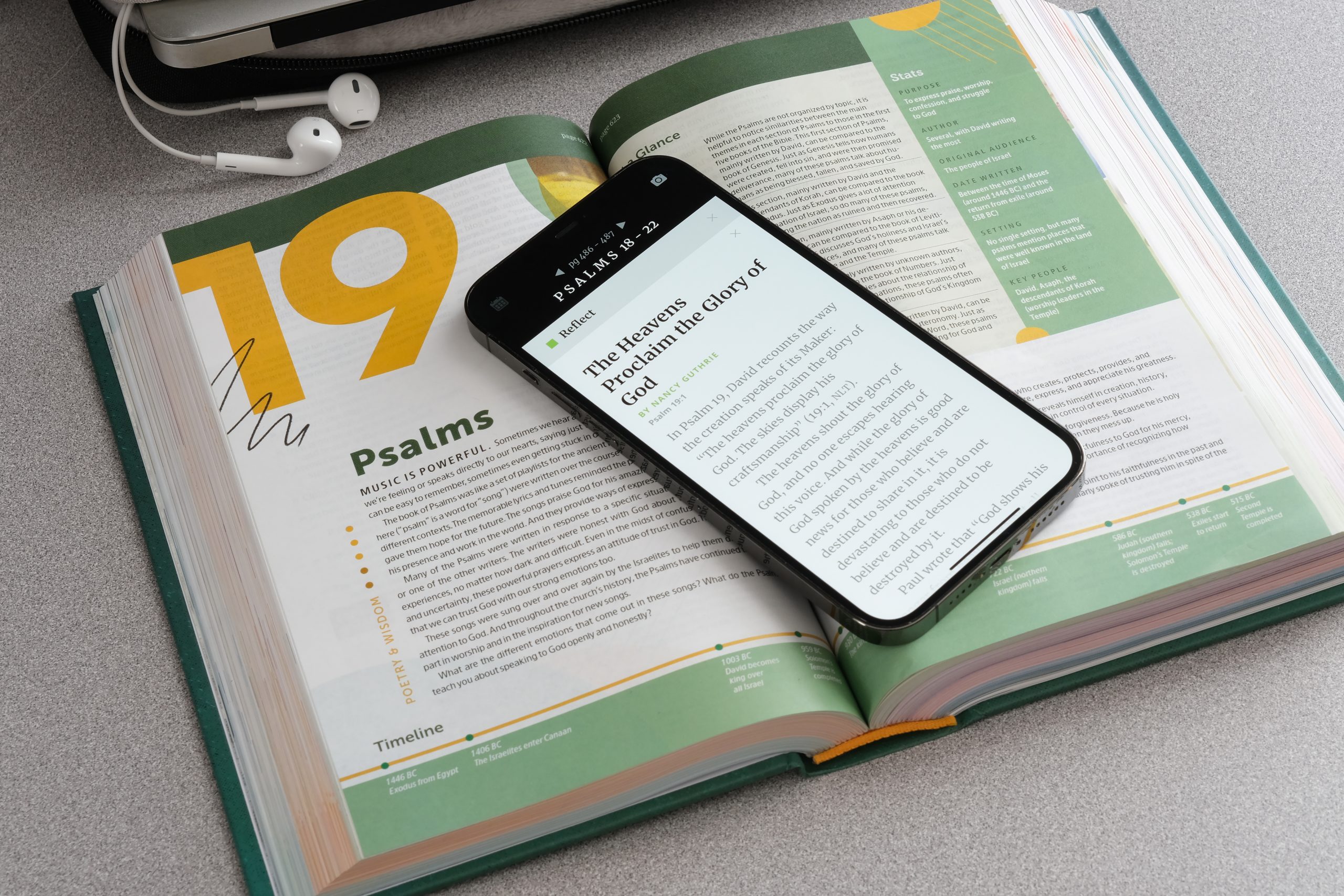
The One Year Chronological Study Bible
The One Year Chronological Study Bible takes you on a journey from creation to eternity in the order the action took place, as lessons were learned, and as kingdoms rose and fell. This is the story of God’s dealings with his people from generation to generation. The engaging text of the New Living Translation is broken down into 365 daily readings. Each reading includes a daily introduction and concludes with reflective discovery questions. Throughout the Bible, you will encounter five building blocks that help create a better understanding of the story. Using the easy-to-follow 14-era format, you’ll be guided through the expansive timeline of the Bible, see the unfolding of God’s work among His people, and encounter your place in God’s grand story. Start your journey
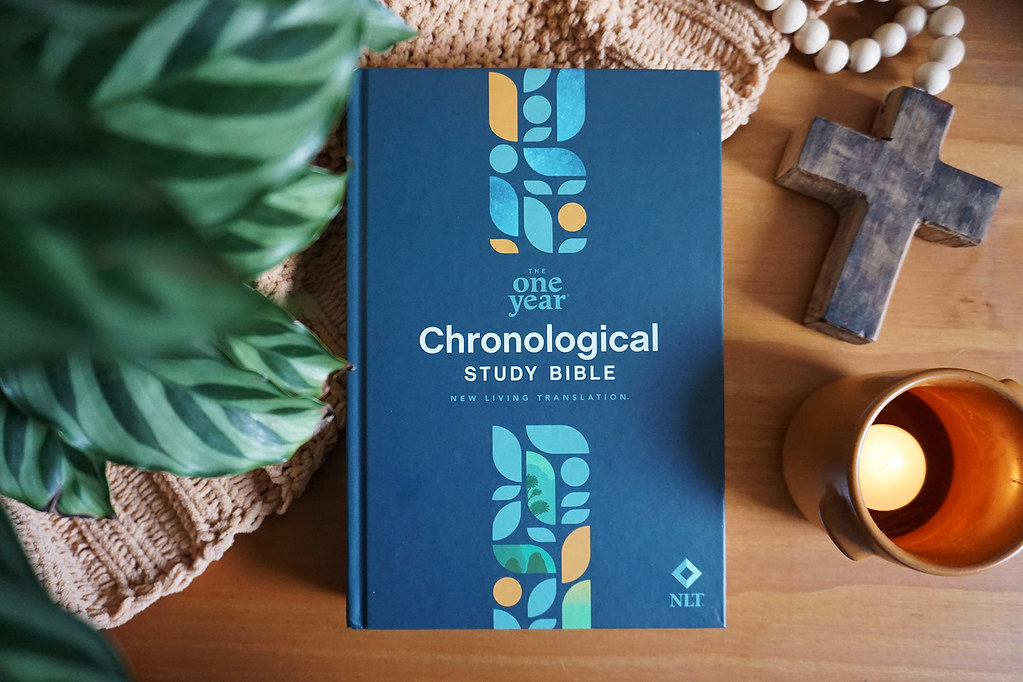
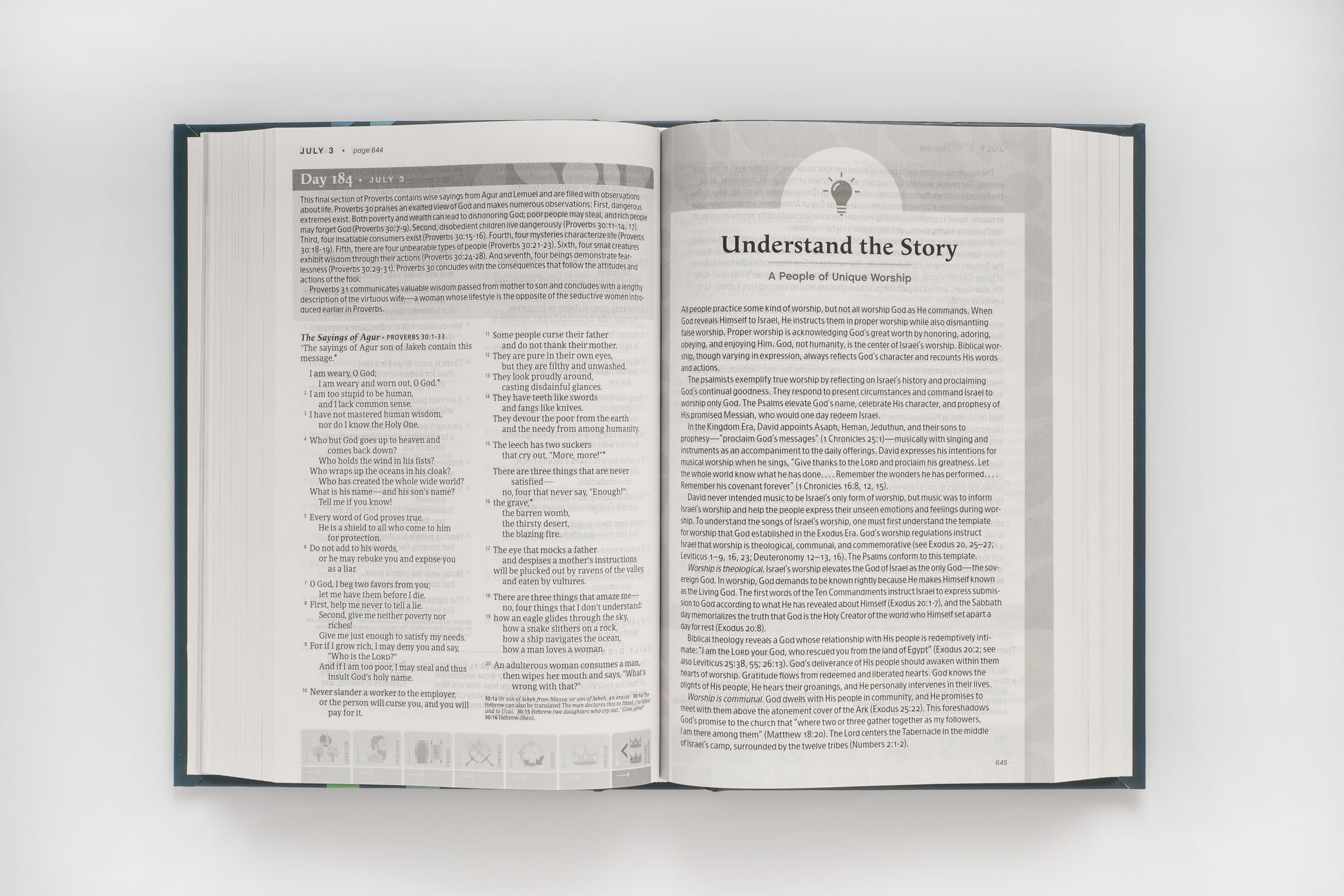

Courage For Life Study Bible for Men and Women
The Courage For Life Study Bible for Women and the Courage For Life Study Bible for Men each have 1,464 Bible studies—that’s a Bible study on every page of Bible text—so you’ll be pointed in the right direction no matter where in the Bible you’re reading. And with access to the Filament Bible app, you can dive even deeper. As you read, just scan the page number to open a world of resources, including over 25,000 additional study notes, hundreds of videos, interactive maps and infographics, and a full audio Bible—and that’s just the beginning! In the accurate New Living Translation, these Bibles offer a pathway to transformation as you grow in your understanding of God and of your role in his story. Learn more


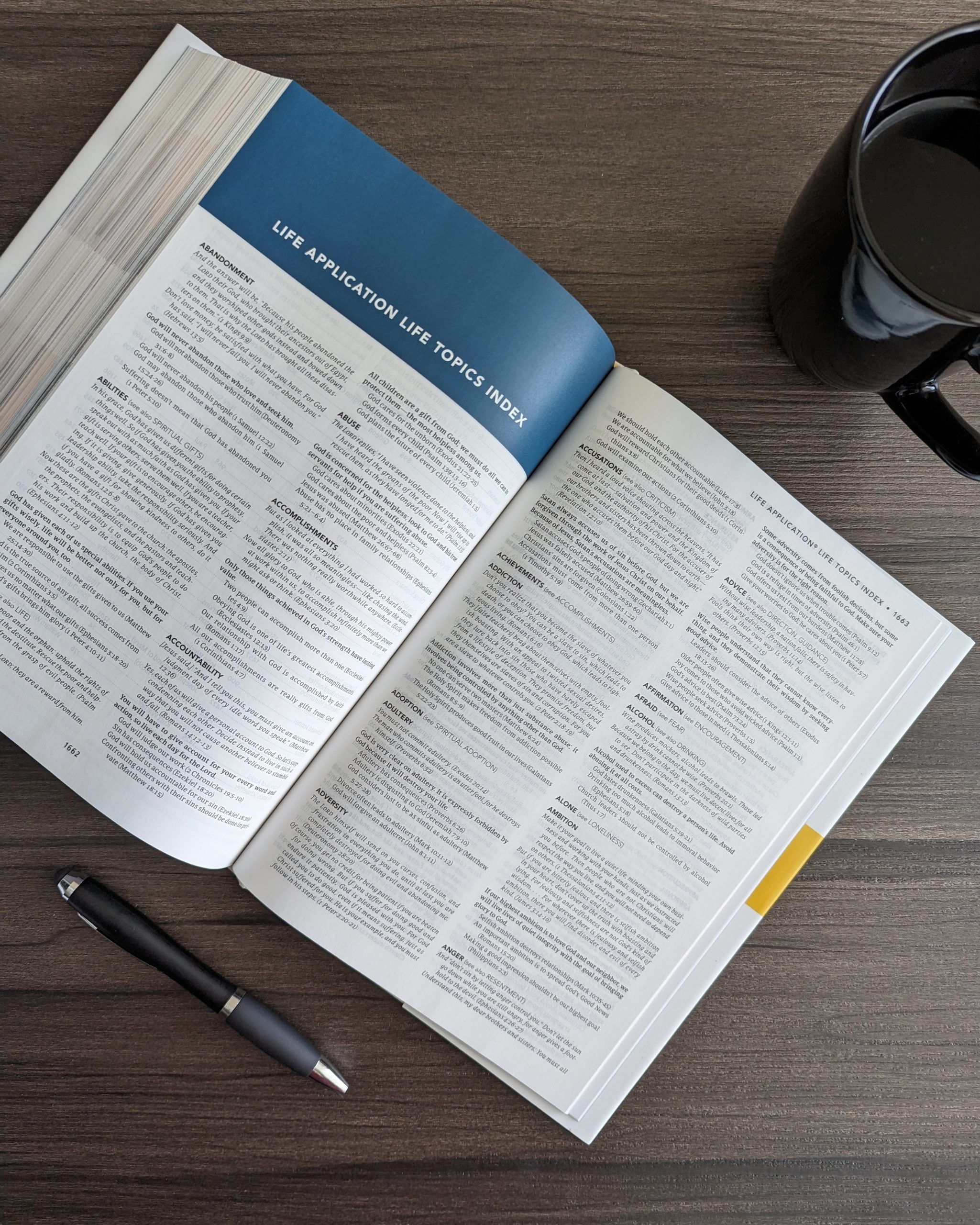

These beautifully crafted Bibles offer a simple and engaging reading experience. And with access to the Filament Bible app, you can turn your text Bible into a study Bible. As you read, just scan the page number to open a world of resources, including over 25,000 additional study notes, hundreds of videos, interactive maps and infographics, and a full audio Bible—and there’s more! Find out more
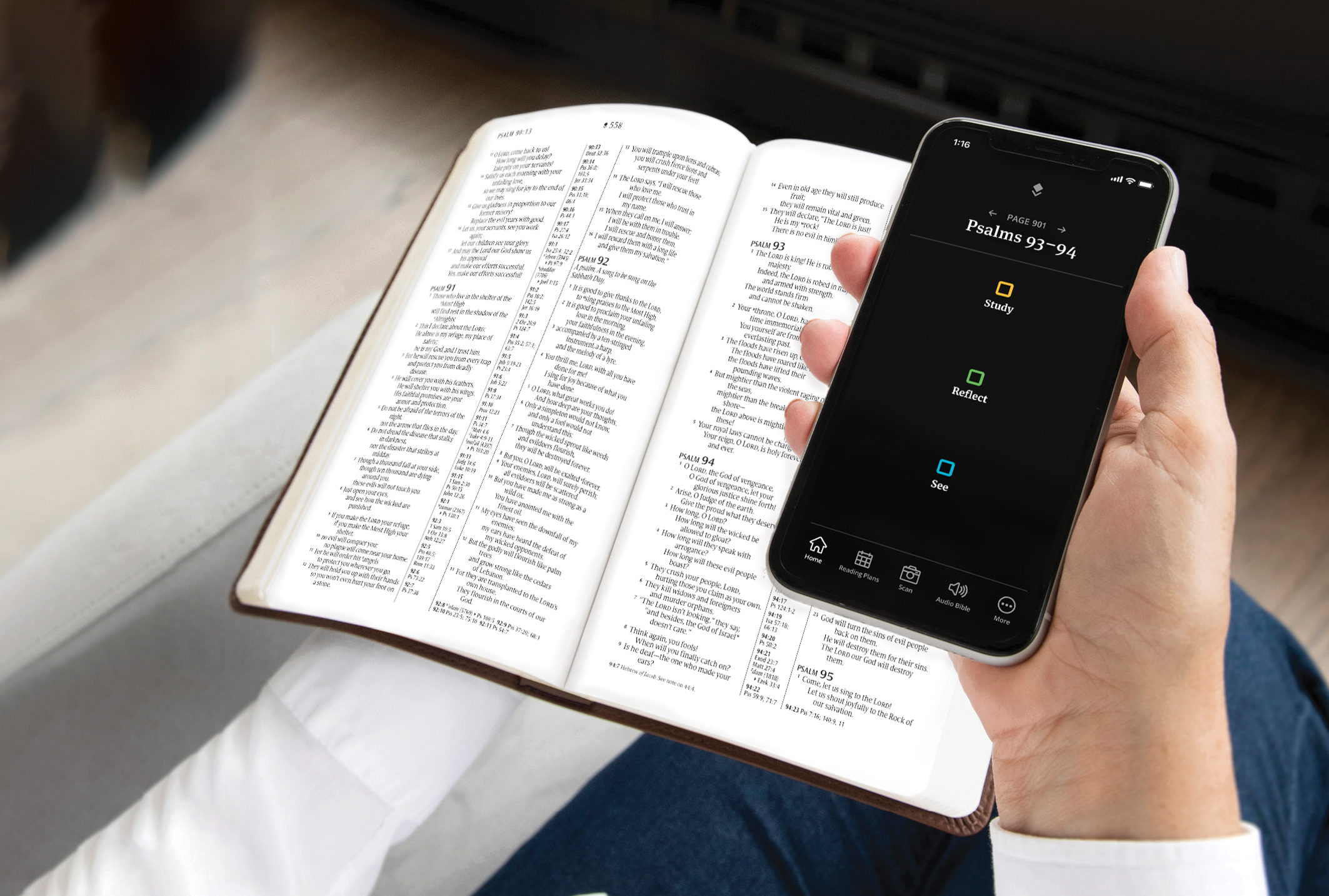










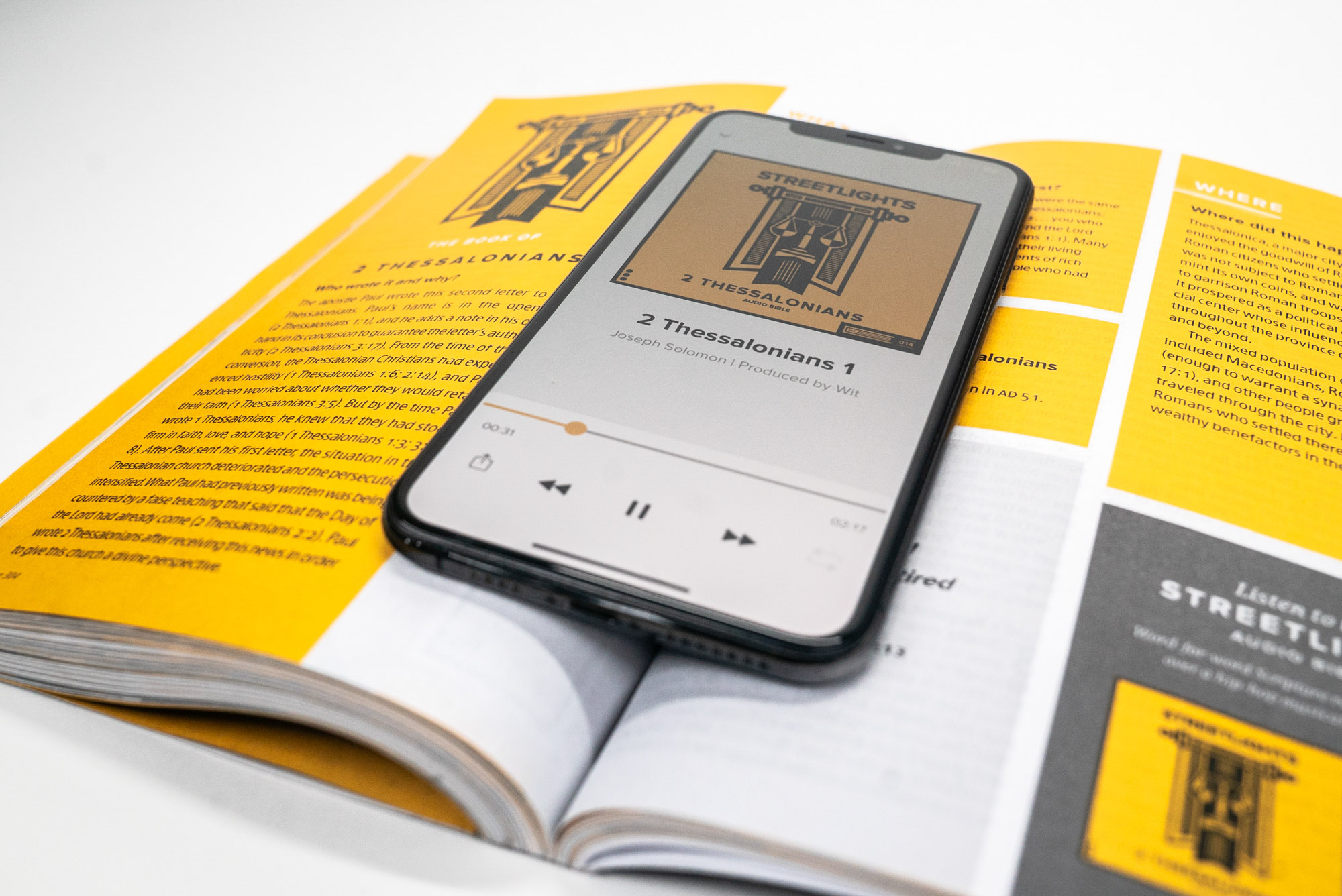





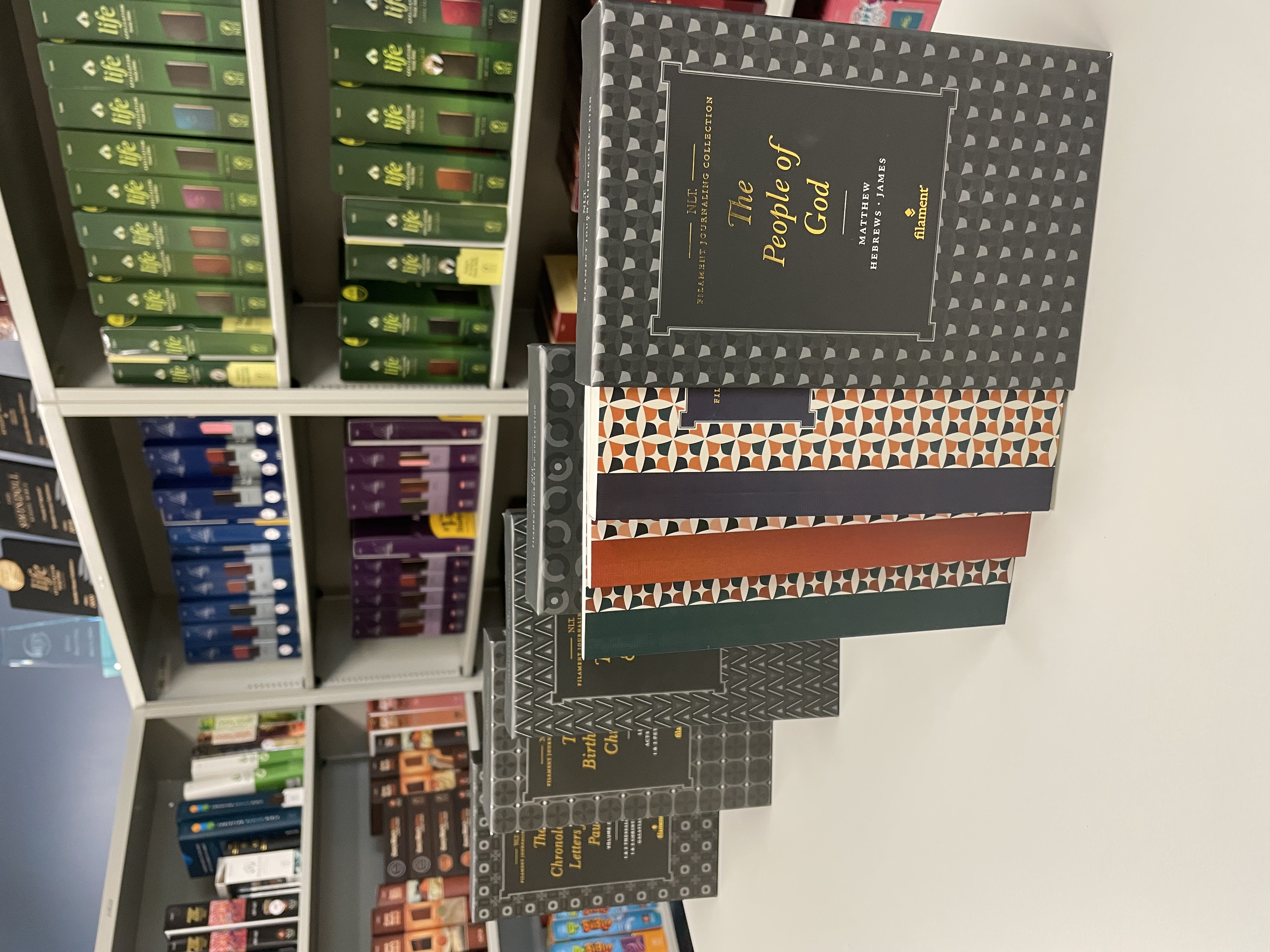
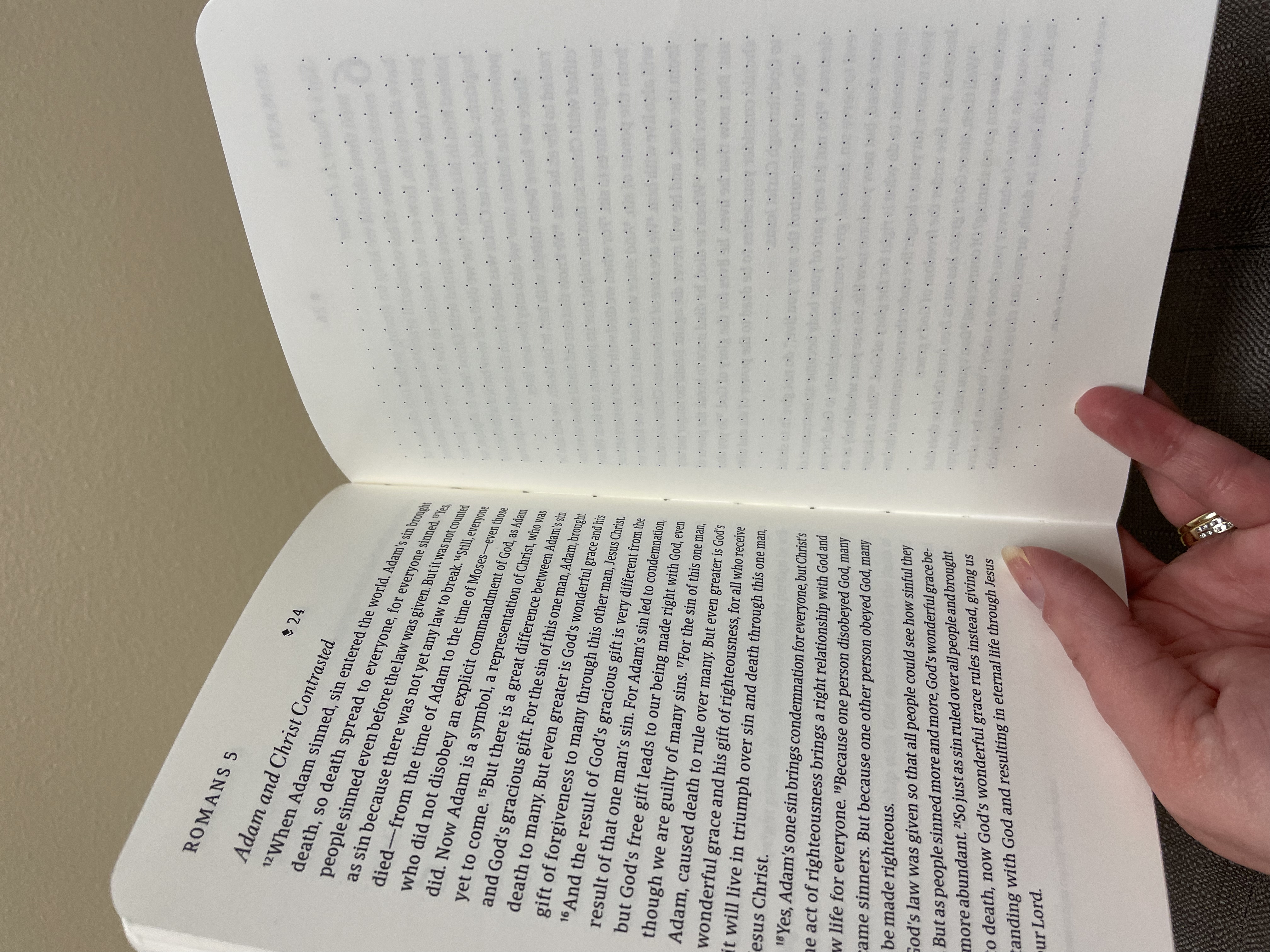
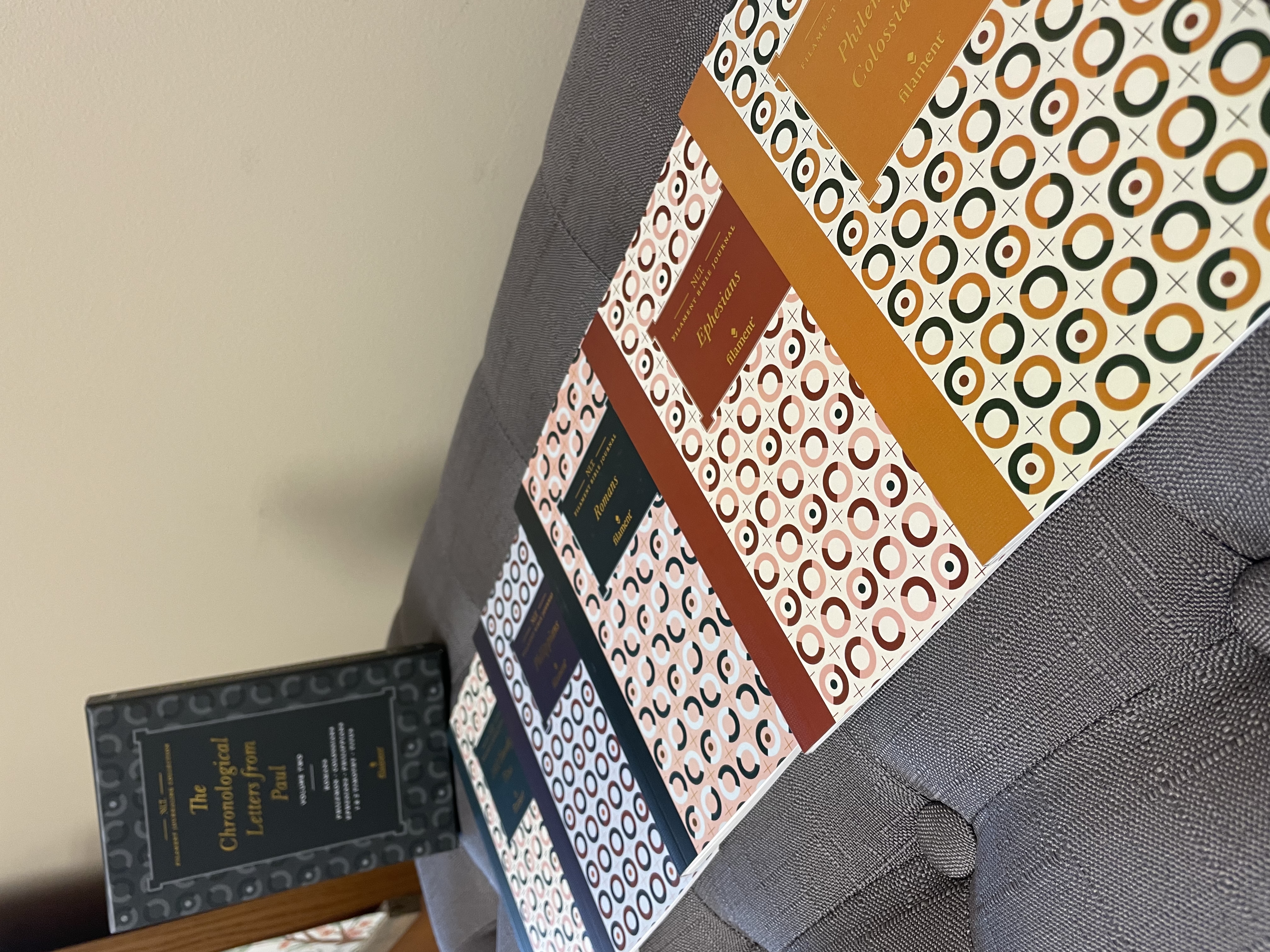

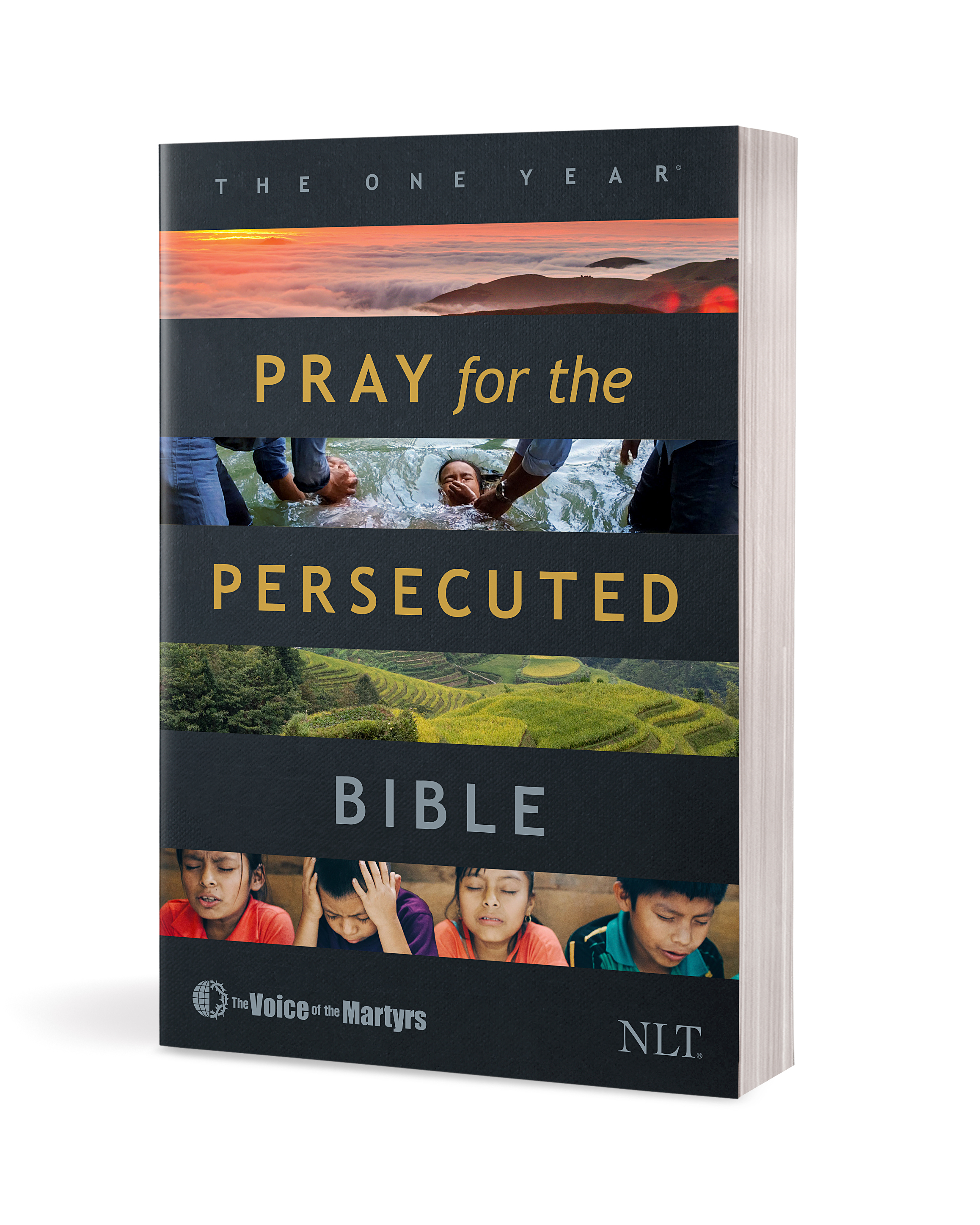



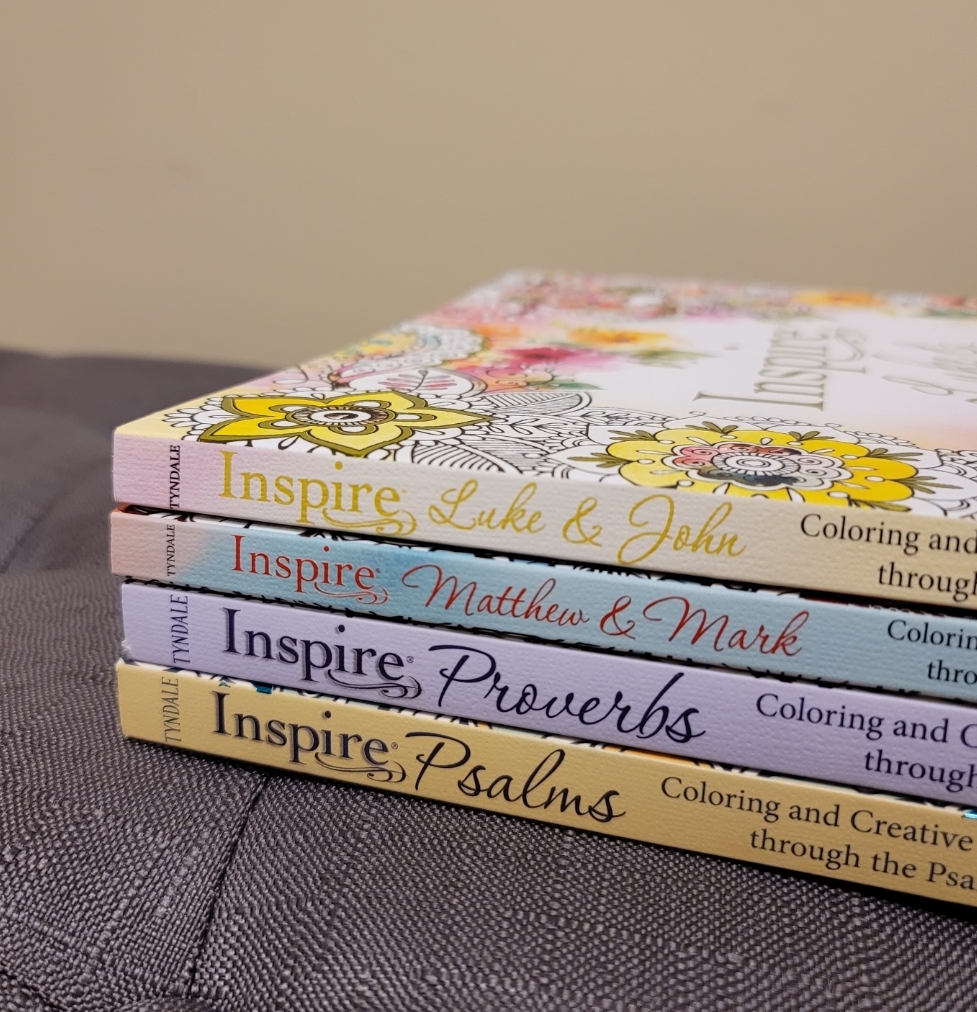
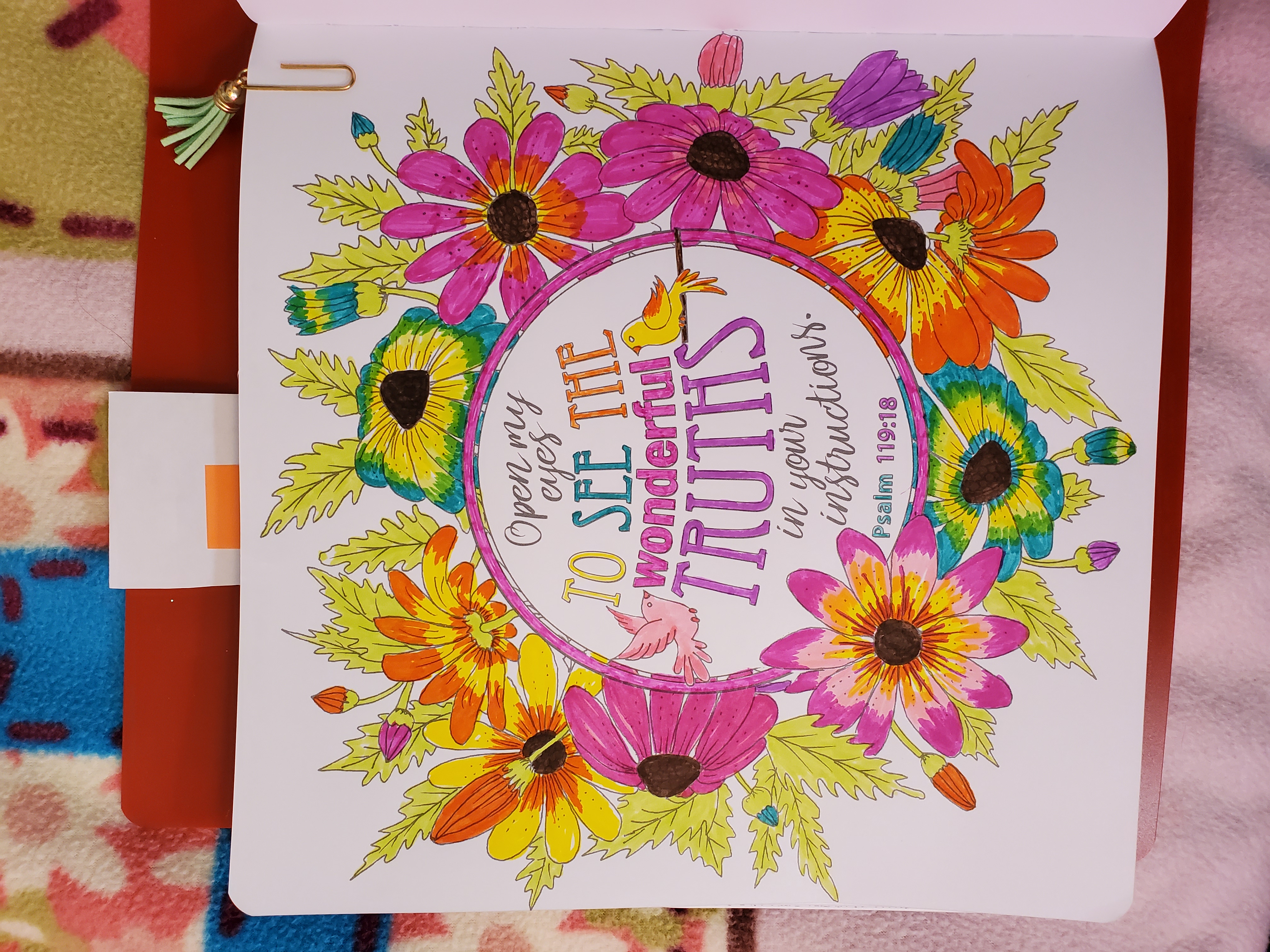
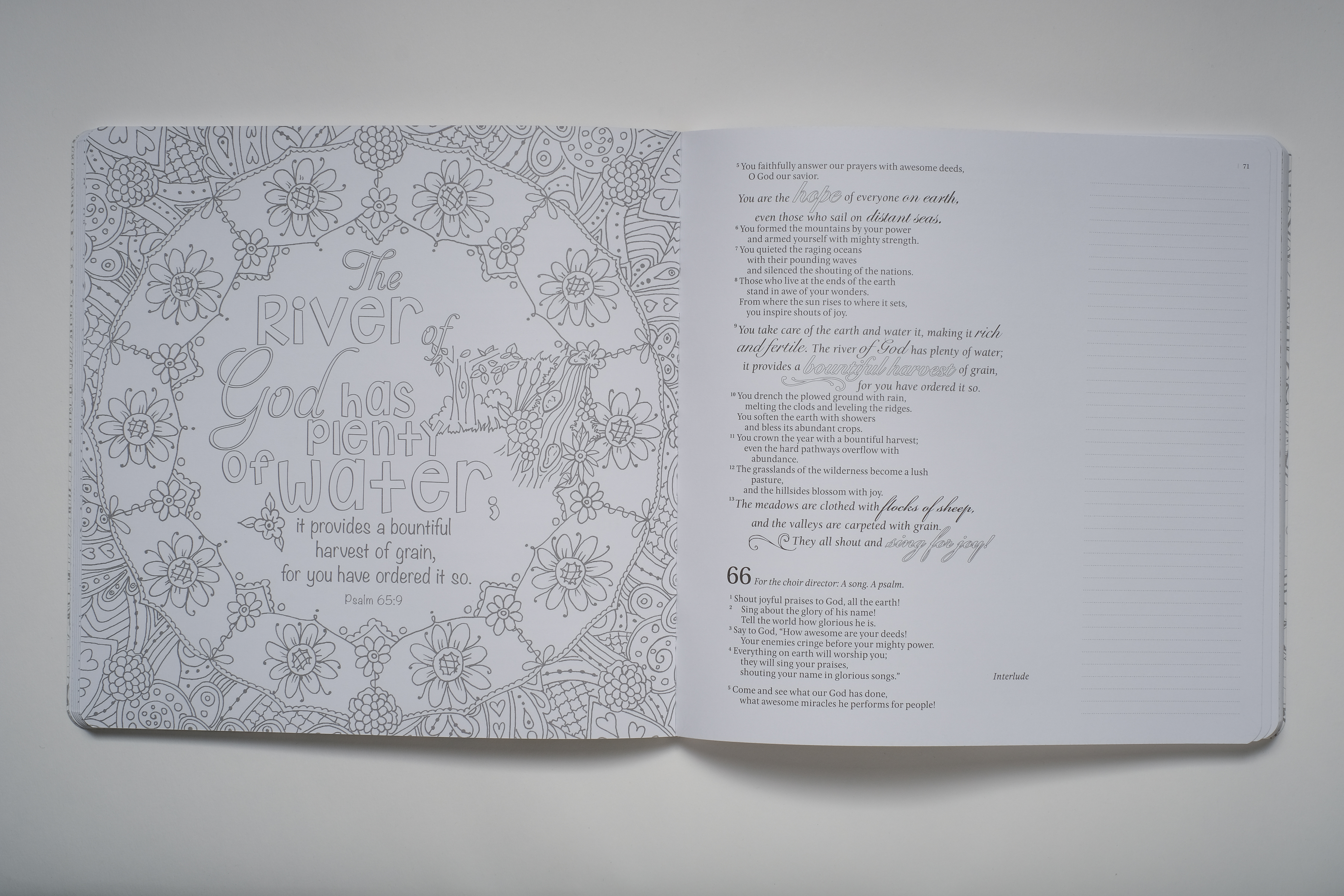
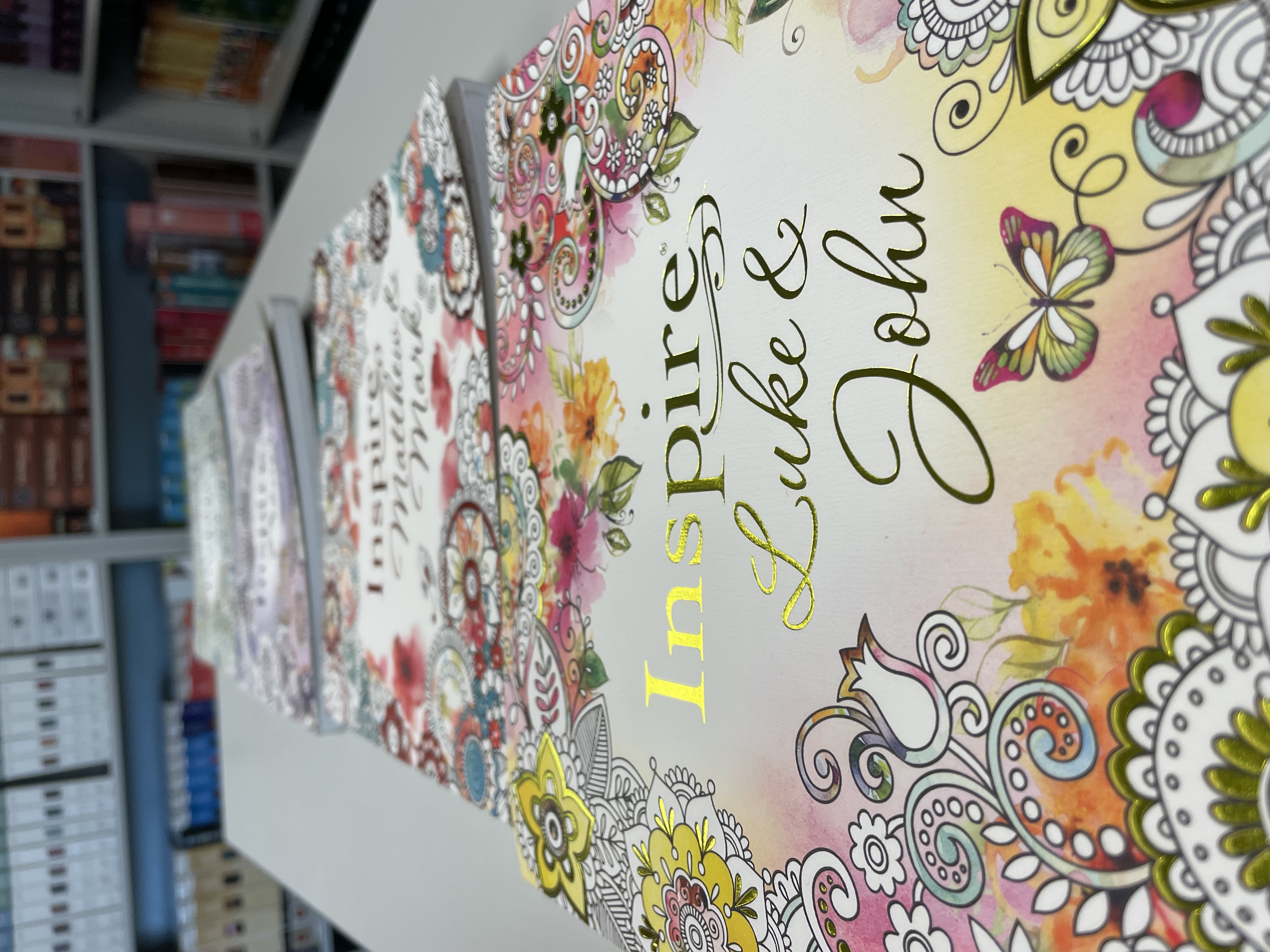

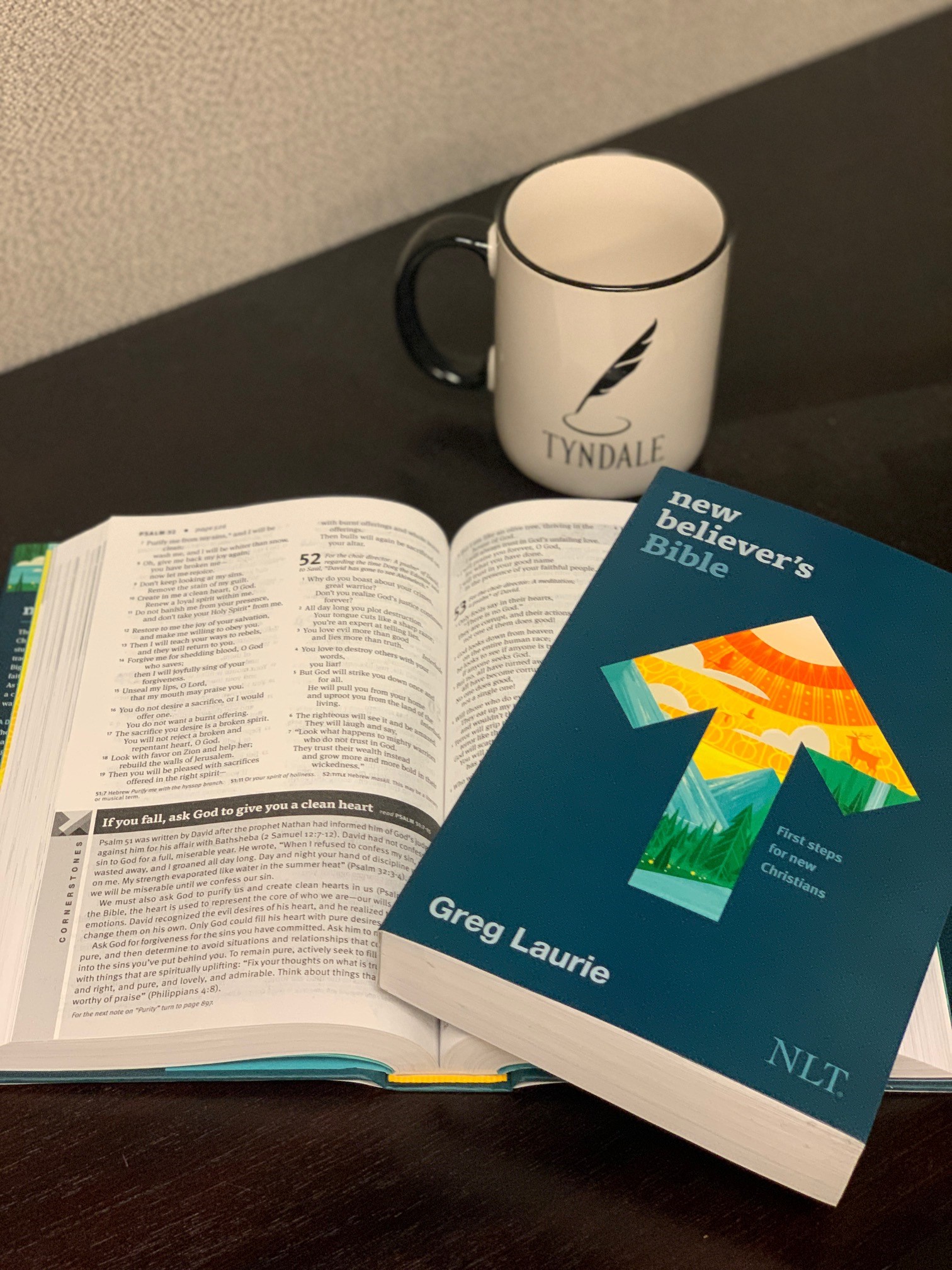
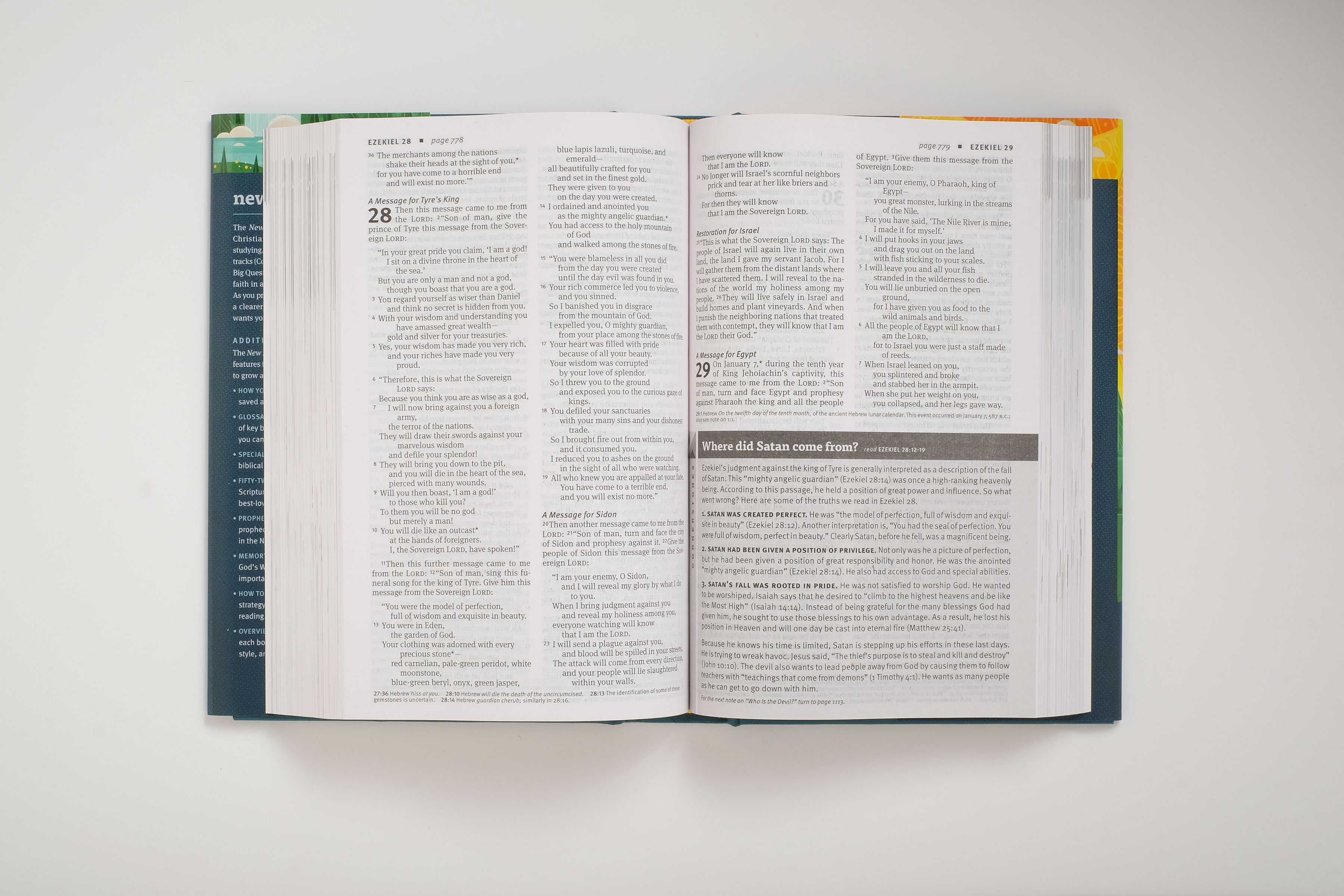





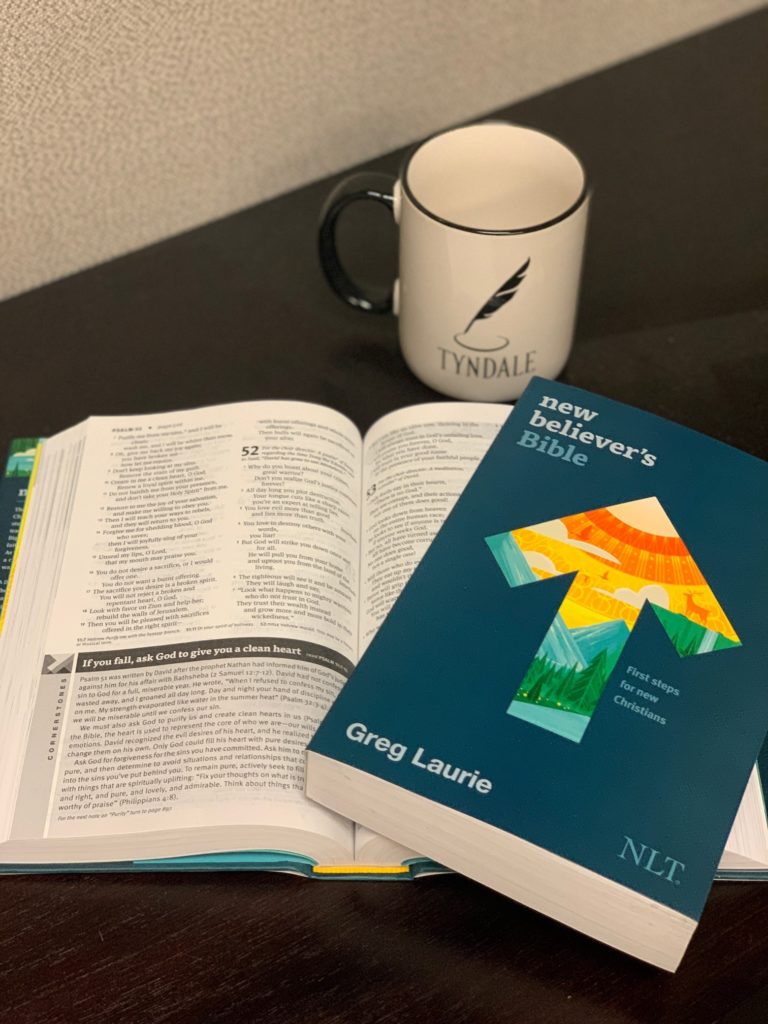

















Recent Comments